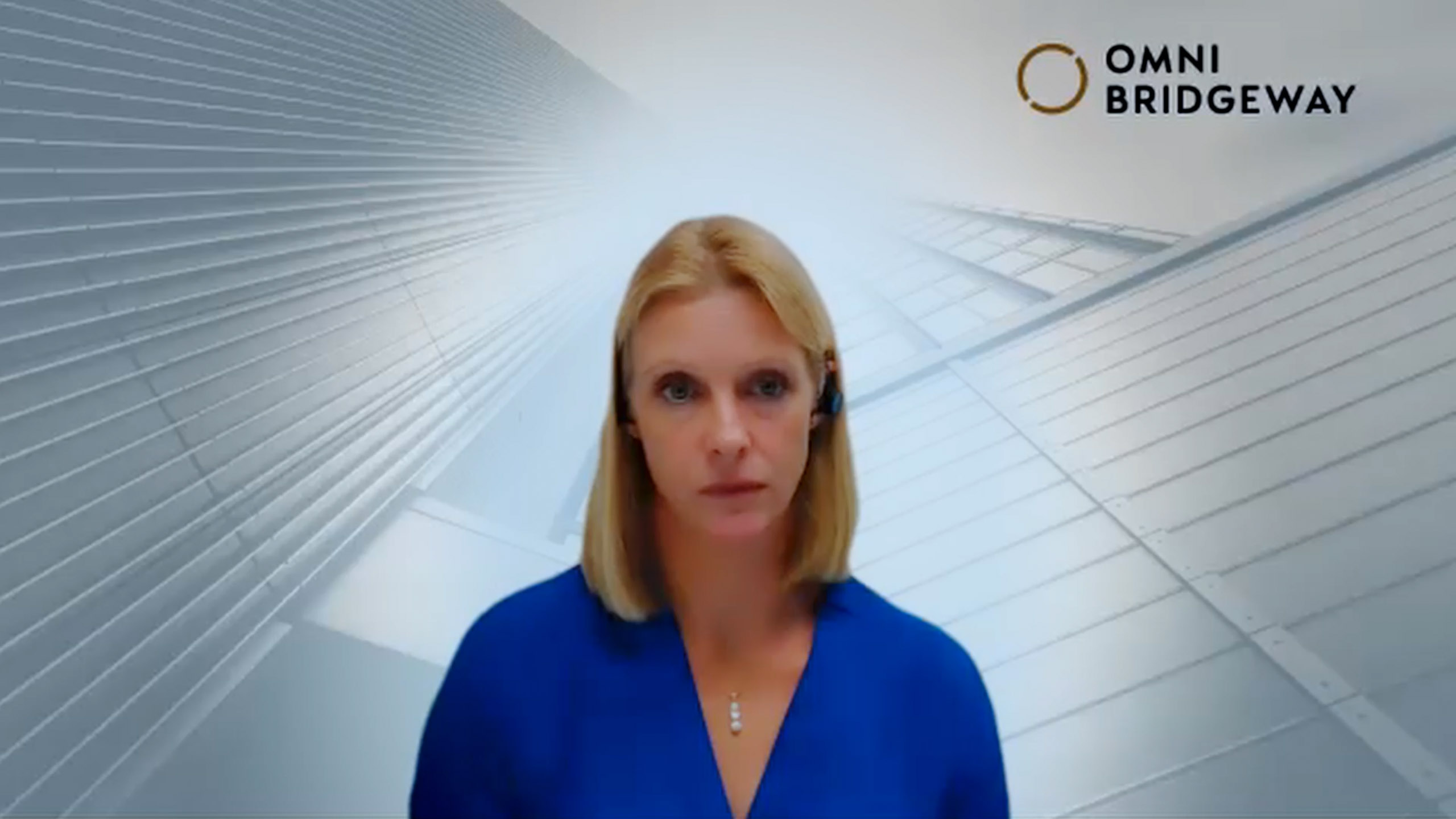
Enforcement & Recovery
Investment Manager at Omni Bridgeway
inpractise.com/articles/enforcement-recovery
Why is this interview interesting?
- The value of enforcement and experience across jurisdictions to recover assets
Ruth Stackpool-Moore
Investment Manager at Omni Bridgeway
Interview Transcript
When does recovery become more important?
In terms of considering the potential to recover, at the end of the day, for us, that’s important from day one. For everyone, that should be important from day one. One of the things that is very interesting and, again, is something from a client’s perspective that we really bring to the table, is that often law firms, if they are going to be paid their fees regardless of the outcome don’t necessarily think about recoverability at the end of the day. They think about the merits of the case; they think about if they are going to win. They advise the clients on that basis but they may not necessarily think about how that money will actually be recovered after the award or judgement is made.
Do the law firms get paid at the end?
No; typically, they would be paid on a monthly basis, as the case progresses. That’s why, for them, it is often a secondary factor or something that is not given as much thought as it should. The types of funding that we provide fall mainly into two categories. One is merits funding and that’s where we are engaged in the case as it’s going through the merits phase. The other is enforcement funding and we can offer that in conjunction with merits funding or on its own. Enforcement funding means the client has gone all the way through the proceedings, they’ve got their judgment or award and then they need help to recover. Often, we say to them, at the beginning when you were deciding to bring your claim, what work did you do to look into the defendant to see whether you thought you would be able to recover? What advice did your law firm provide you on that? Surprisingly often, the answer is that they didn’t or there was only very vague advice that doesn’t really say anything.
It is always a consideration for us. The earlier we get brought in, the earlier that thought process is introduced and so you get clarity on recoverability much faster when we are involved.
Does this recovery expertise come from experience?
Yes; it comes from experience and it comes from the development of local networks. Particularly in this day and age, a lot of disputes will be multi-jurisdictional and they will involve different interests in different places. Even if the dispute itself is in a particular location or is more confined, recovery might still be spread out in a number of different jurisdictions around the world. As well as our own particular experience, a lot of how we also can add value, is by knowing who to go to in each place. Again, it comes down to the relationships that we have with law firms. We are not doing the day to day but if we know who the best people to go to are, for that day to day, then we’re 100 miles ahead, already.
Copyright Notice
This document may not be reproduced, distributed, or transmitted in any form or by any means including resale of any part, unauthorised distribution to a third party or other electronic methods, without the prior written permission of IP 1 Ltd.
IP 1 Ltd, trading as In Practise (herein referred to as "IP") is a company registered in England and Wales and is not a registered investment advisor or broker-dealer, and is not licensed nor qualified to provide investment advice.
In Practise reserves all copyright, intellectual and other property rights in the Content. The information published in this transcript (“Content”) is for information purposes only and should not be used as the sole basis for making any investment decision. Information provided by IP is to be used as an educational tool and nothing in this Content shall be construed as an offer, recommendation or solicitation regarding any financial product, service or management of investments or securities.
© 2026 IP 1 Ltd. All rights reserved.


